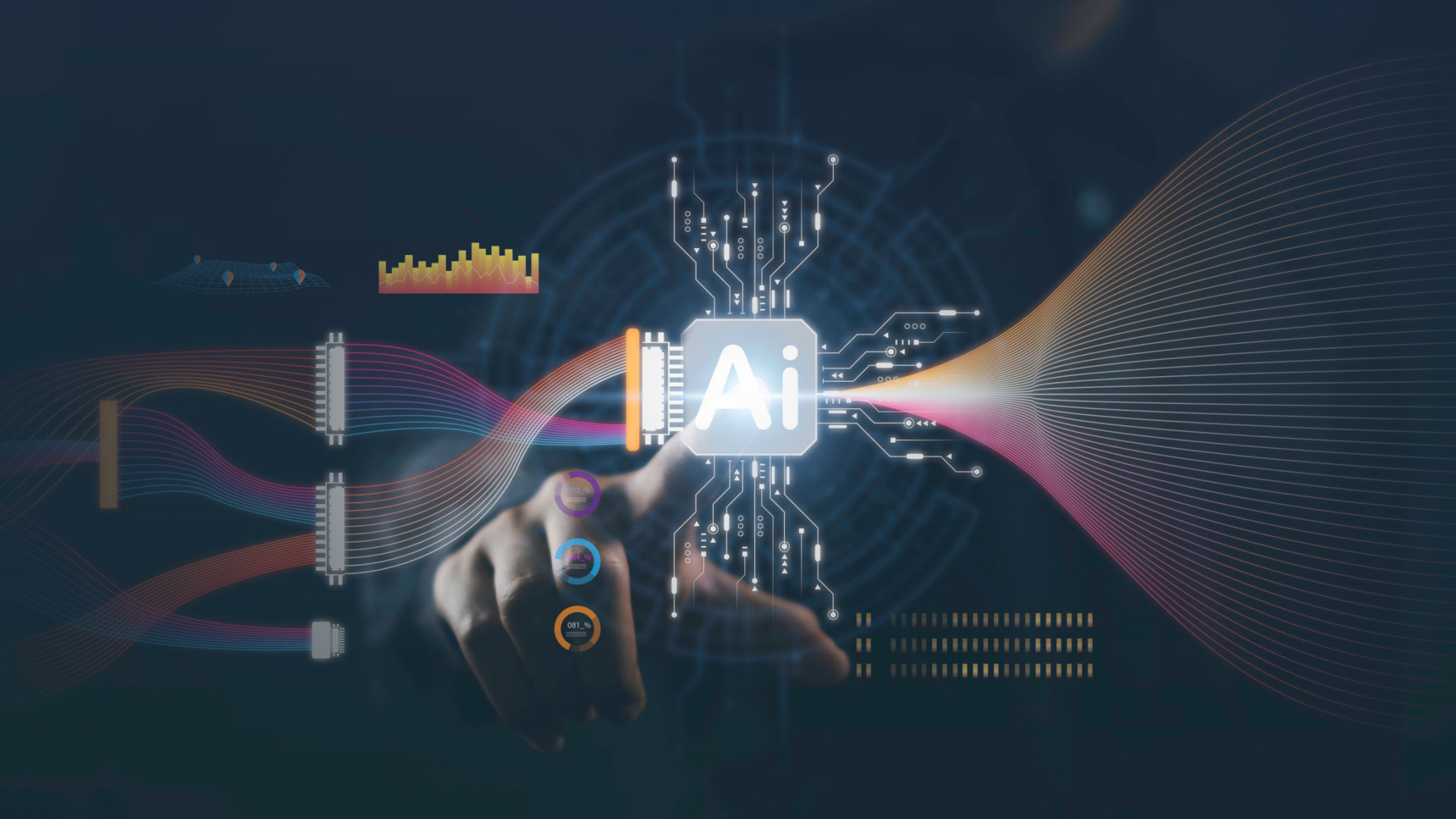5 Common Misconceptions About AI in HR and How to Overcome Them
Understanding AI in HR
Artificial Intelligence is rapidly transforming various industries, and Human Resources (HR) is no exception. However, despite its growing presence, several misconceptions about AI in HR persist. These misconceptions can hinder organizations from effectively leveraging AI's potential. In this blog post, we'll explore five common misconceptions and how to overcome them.
Misconception 1: AI Will Replace HR Jobs
One of the most prevalent fears is that AI will completely replace HR professionals. While AI can automate repetitive tasks, it is not designed to replace humans but to augment their capabilities. HR professionals bring valuable human insights and emotional intelligence that AI cannot replicate.
To overcome this misconception, it’s essential to view AI as a tool that frees HR staff from mundane tasks, allowing them to focus on strategic initiatives such as employee engagement and organizational development.

Misconception 2: AI Makes Impersonal Decisions
Another common belief is that AI makes decisions without understanding the human element. While AI uses data-driven insights, it’s crucial to remember that these insights are only as good as the data provided. Quality data input results in more relevant and personalized outcomes.
HR teams should ensure their data is comprehensive and up-to-date to enhance AI's decision-making capabilities. Additionally, involving HR professionals in the process ensures that decisions are aligned with company culture and values.
Misconception 3: AI Implementation Is Too Complex
Many organizations hesitate to adopt AI due to perceived complexity in implementation. While setting up AI systems requires initial effort, many user-friendly solutions are designed for seamless integration with existing HR systems.
To ease the transition, companies can start with pilot projects or partner with vendors that offer robust support during the implementation phase. This step-by-step approach can demystify AI and demonstrate its benefits early on.

Misconception 4: AI Compromises Privacy
Concerns about privacy are valid, especially when dealing with sensitive employee data. However, modern AI solutions prioritize data security and comply with legal standards to protect privacy.
Organizations should select reputable AI vendors known for strong security measures and regularly update their privacy policies to ensure compliance with regulations such as GDPR or CCPA.
Misconception 5: AI Is a One-Size-Fits-All Solution
Some believe that once AI is implemented, it will automatically solve all HR challenges. In reality, AI is not a magic bullet. Its success depends on how well it is tailored to address specific organizational needs.
To maximize the benefits of AI, HR teams should define clear objectives and customize AI solutions accordingly. Continuous evaluation and adaptation will help ensure that AI remains aligned with evolving business goals.

In conclusion, overcoming these misconceptions requires a combination of education, strategic planning, and a willingness to embrace change. By understanding and addressing these myths, organizations can harness the full potential of AI in HR, ultimately leading to more efficient and effective human resource management.
